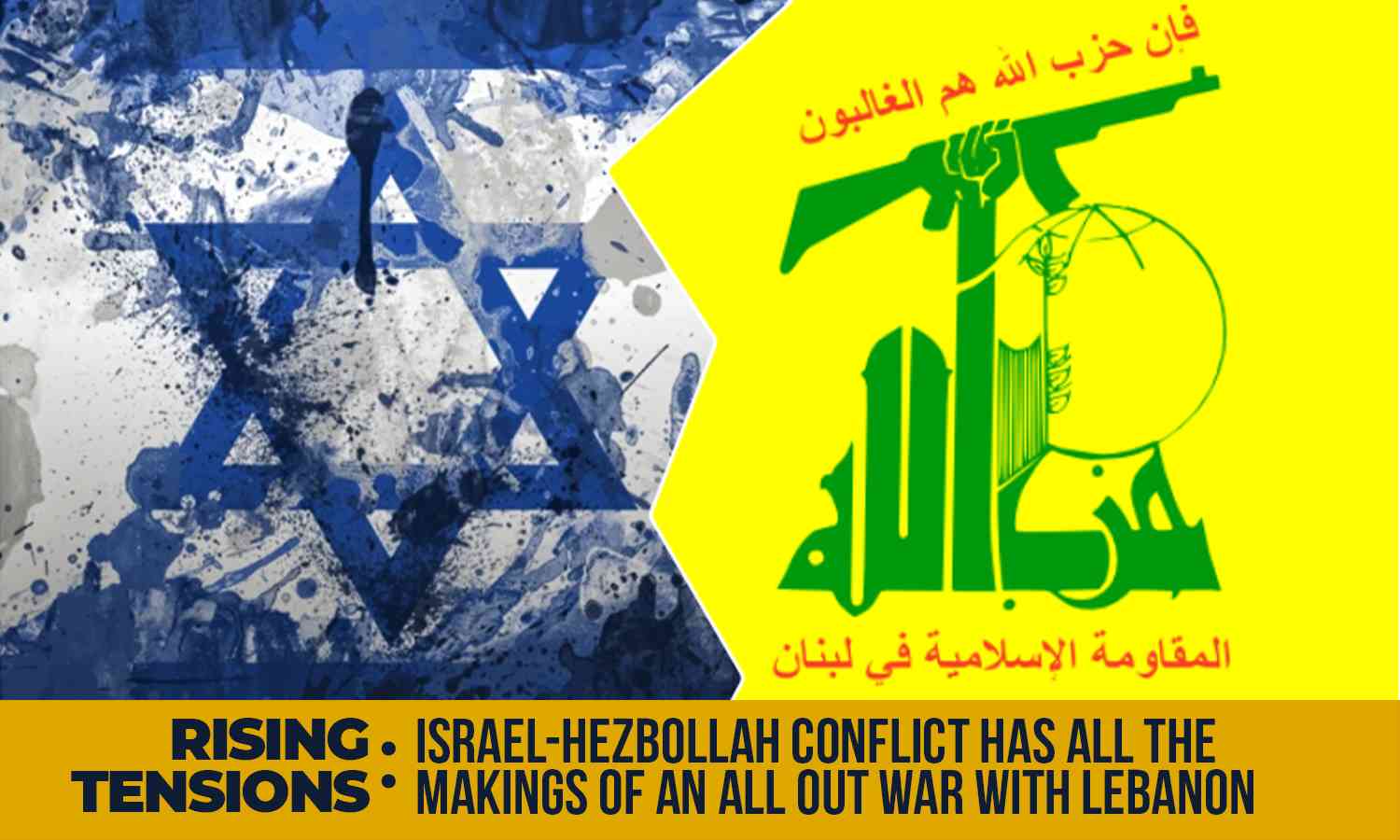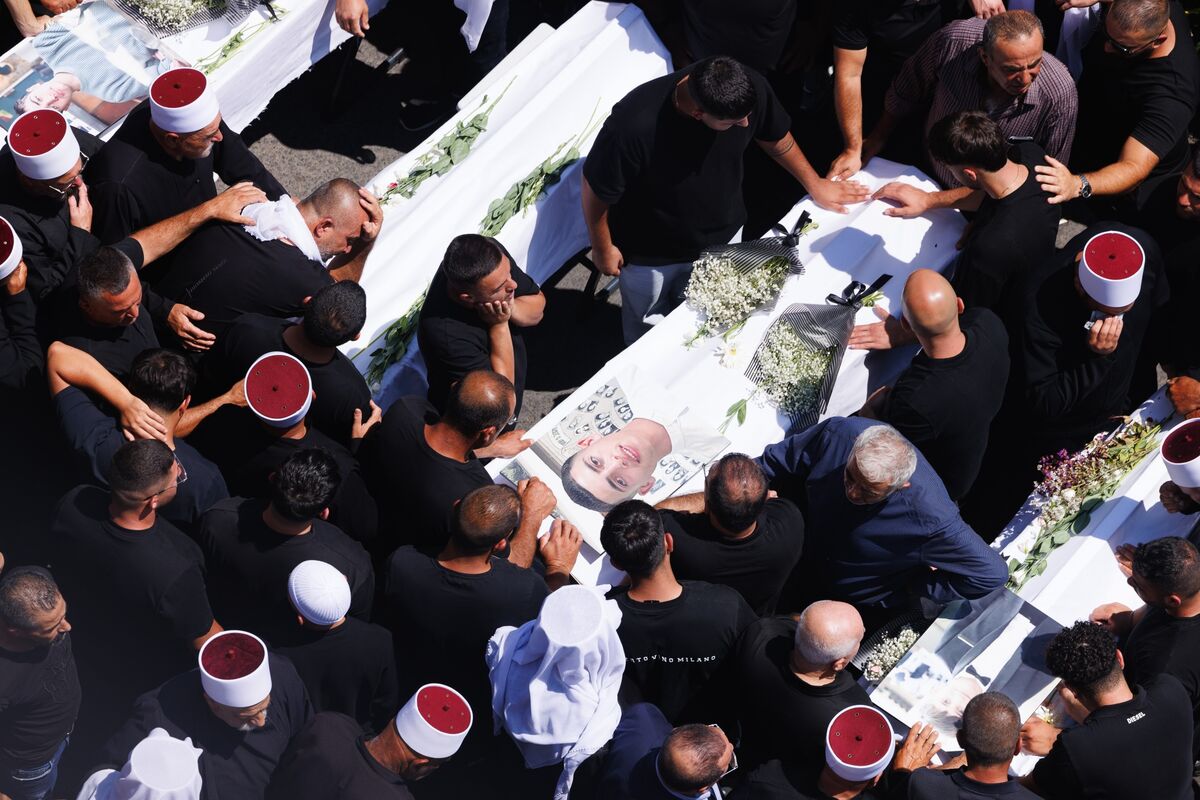
Israel-Hezbollah conflict has all the makings of an all out war with Lebanon
The situation in the Middle East has grown increasingly tense following a tragic incident in the Israeli-occupied Golan Heights. A rocket strike on a football field in the Druze community of Majdal Shams resulted in the deaths of 12 children and young people, injuring 30 others. This event has heightened concerns about the possibility of an all-out regional war.
Accusations and Denials
Israel has accused Hezbollah, the Lebanese militant group, of carrying out the attack. The Israeli military claims that an Iranian-made Falaq-1 rocket was used, allegedly directed by a Hezbollah commander from a launching site in Shebaa, southern Lebanon. In response, Hezbollah has categorically denied any involvement in the incident, stating that it has no interest in targeting civilians, especially in a Druze town.
Potential for Escalation
The situation is complicated further by differing narratives. The US-based news outlet Axios, citing an unnamed US official, reported that Hezbollah had informed the United Nations that the projectile was actually an Israeli anti-rocket interceptor. However, US Secretary of State Anthony Blinken indicated there was substantial evidence suggesting Hezbollah's involvement.
In retaliation, Israel has launched airstrikes on several Hezbollah sites across Lebanon, marking a significant escalation. The Israeli government has warned that Hezbollah will face severe consequences, unprecedented since the border conflict began on October 8.
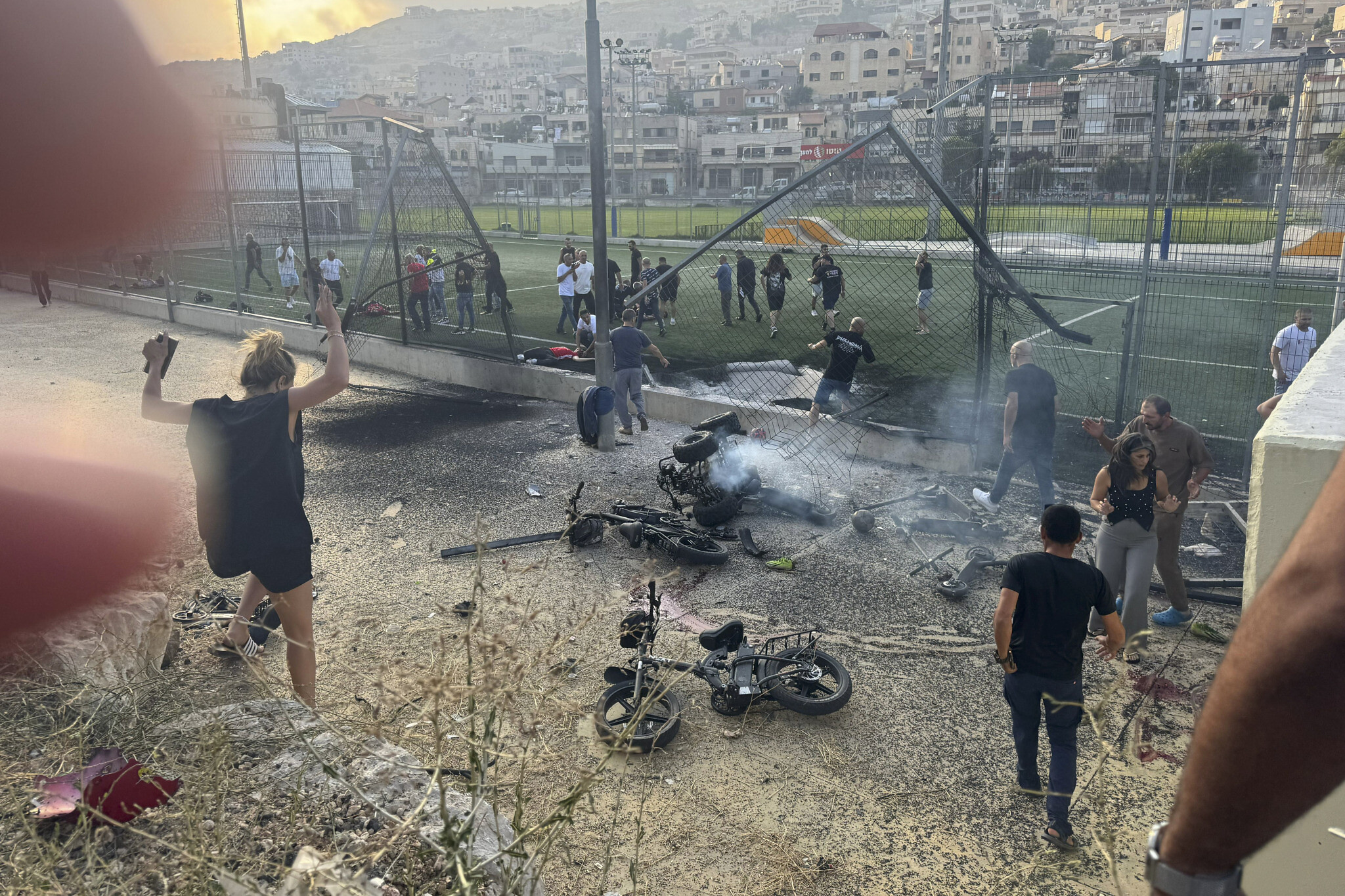
Analysis and Implications
Middle East political analyst Omar Baddar suggested that the incident might have been an accident, regardless of which party was responsible. He pointed out that neither Hezbollah nor Israel has a vested interest in escalating to full-scale war, particularly with such a tragic civilian target involved.
Nonetheless, analysts have long cautioned that any misstep could trigger a broader conflict. The White House National Security Council has called for efforts to end the violence along the Blue Line, stressing that de-escalation must be a priority. The European Union's foreign policy chief, Josep Borrell, has called for an independent international investigation, reflecting the gravity of the situation. The Lebanese government, typically silent on such matters, has condemned the attack on civilians, indicating the seriousness with which it views the situation.
Iran's Position
Iran has also weighed in, warning Israel against any "new adventure" and suggesting that the incident in Majdal Shams could be a "fabricated scenario" aimed at diverting attention from the suffering in Gaza. Iranian officials, including the foreign ministry spokesman Nasser Kanaani, have warned that any Israeli military response would further destabilize the region.
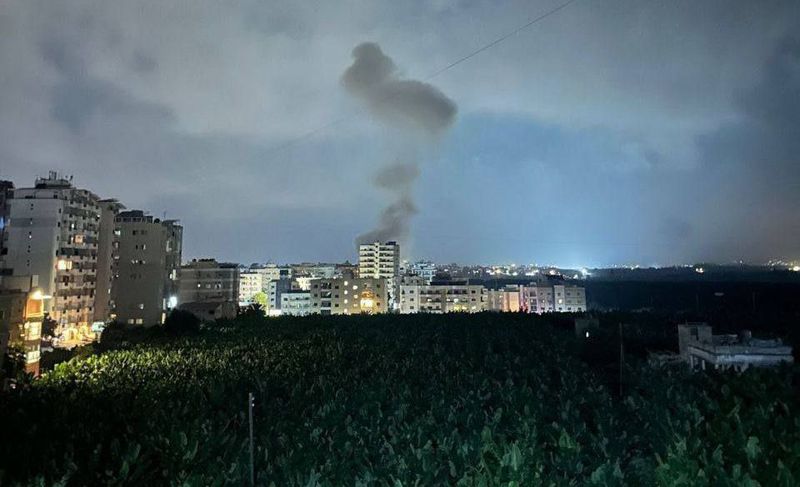
Broader Context and Potential Consequences
Randa Slim, a senior fellow at the Middle East Institute, noted that both Israel and Hezbollah are wary of an all-out war, given the potential for mass displacement and the protracted nature of the conflict. She highlighted that while Israel's military is growing weary after ten months of fighting, there is a segment of the Israeli population pressing for decisive action against Hezbollah.
In parallel, negotiations are ongoing in Europe, with CIA Director Bill Burns leading efforts to broker a ceasefire between Israel and Hamas. These talks, involving key regional players such as Qatar and Egypt, are also concerned with a broader prisoner and captive exchange. It remains uncertain how the latest tensions with Hezbollah might impact these delicate negotiations.
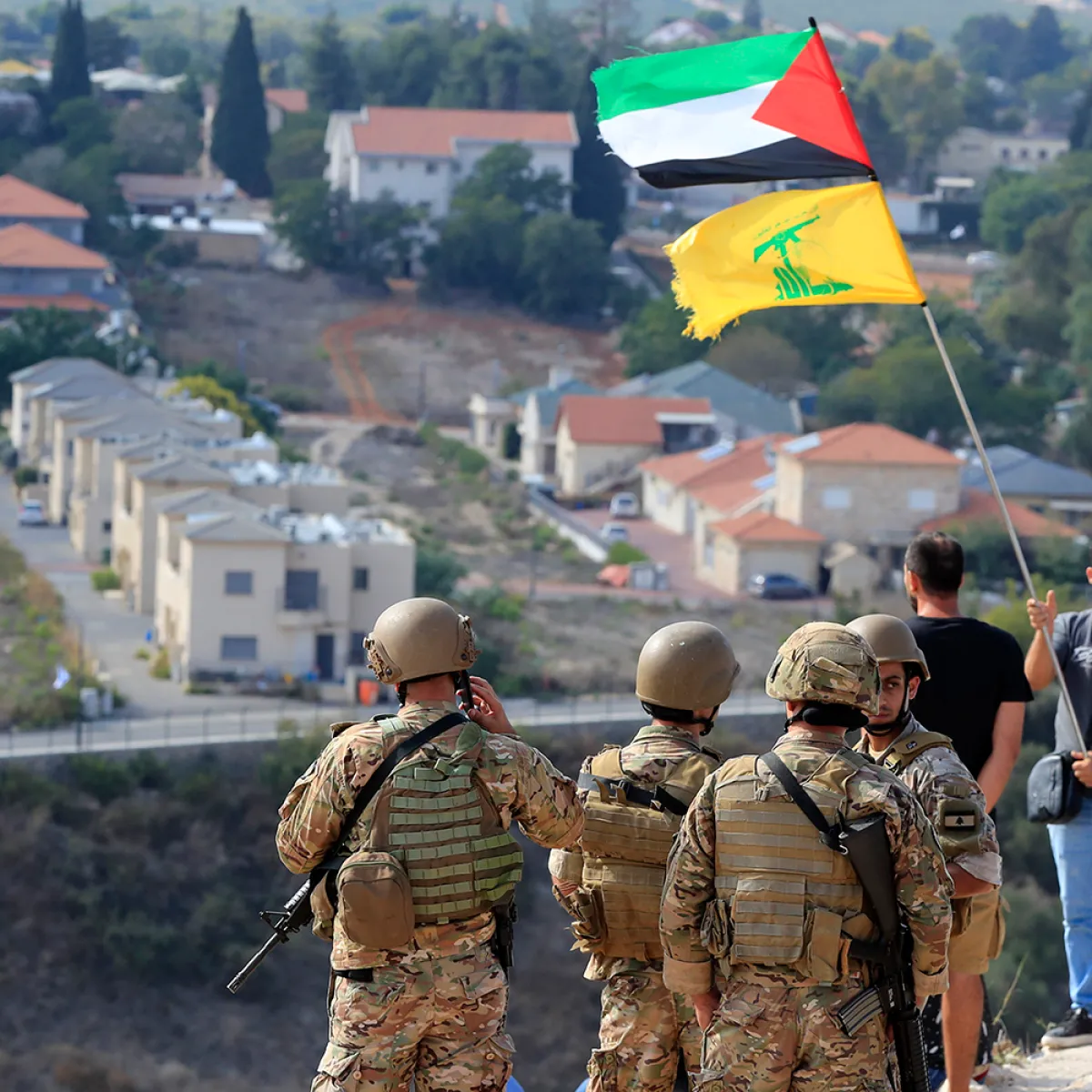
The Druze Community and the Golan Heights
The incident occurred in Majdal Shams, a Druze community in the Golan Heights. The Druze are an Arab-speaking ethnoreligious minority living in Syria, Lebanon, and the occupied Golan Heights. Israel has occupied the Golan Heights since the 1967 Six-Day War, later annexing it in 1981, a move not recognized by the international community, which still considers the area Syrian territory.
As tensions simmer, the situation remains fraught with uncertainty. The international community continues to call for restraint, fearing that any further escalation could lead to a conflict with far-reaching consequences across the region.
Inputs by Agencies
Image Source: Multiple Source
Ⓒ Copyright 2024. All Rights Reserved Powered by Vygr Media.

